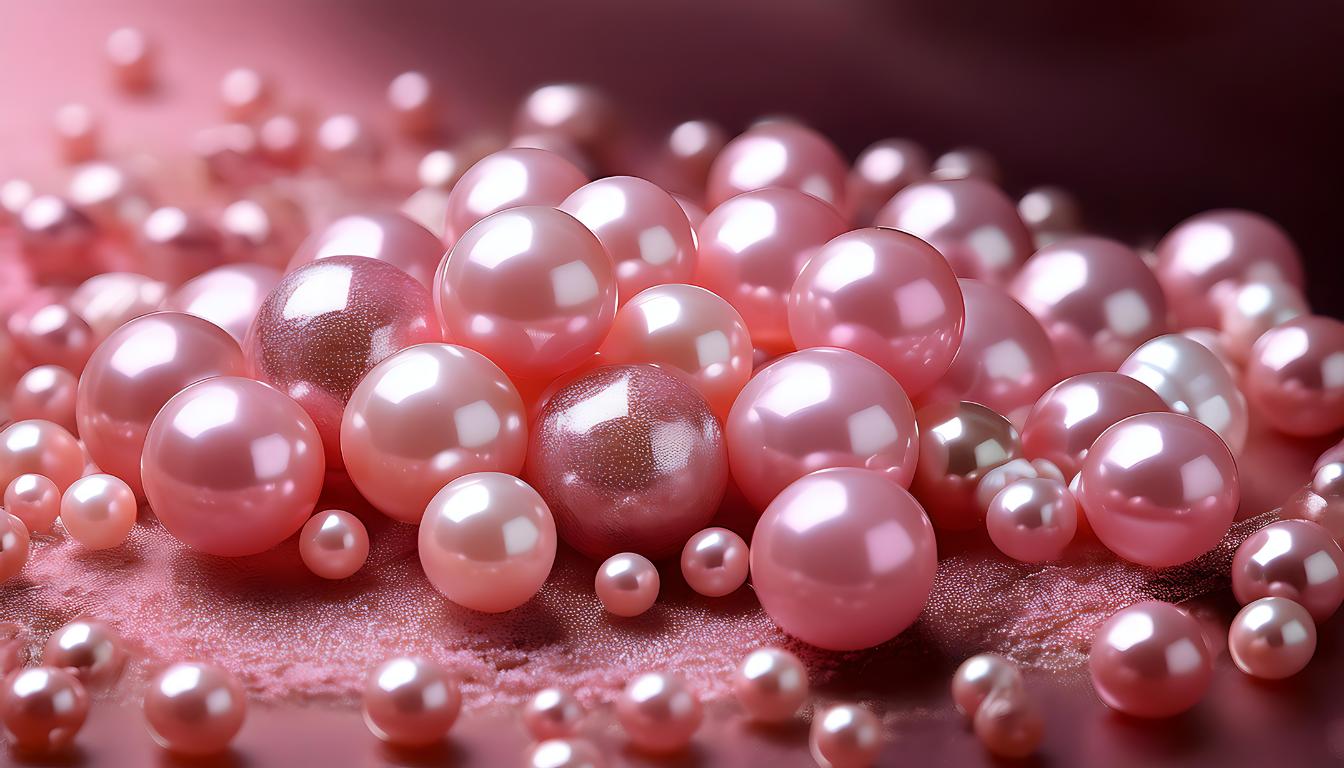If someone is to imagine pearls, one is always pictured as shiny white or shiny black spheres. However, there is the subtle and rather less-known type that glimmers in a tender and fascinating color—the pink pearls. Otherwise, it is difficult to describe these fragile masterpieces, which are frequently lost sight of in a sea of ordinary gemstone products, as they possess a charming appeal. Thus, in the course of reading this article, the reader will get acquainted with pink pearls, and learn about their history, their meaning, and the cause of their increasing demand.
Table of Contents
Origins and Formation of Pink Pearl
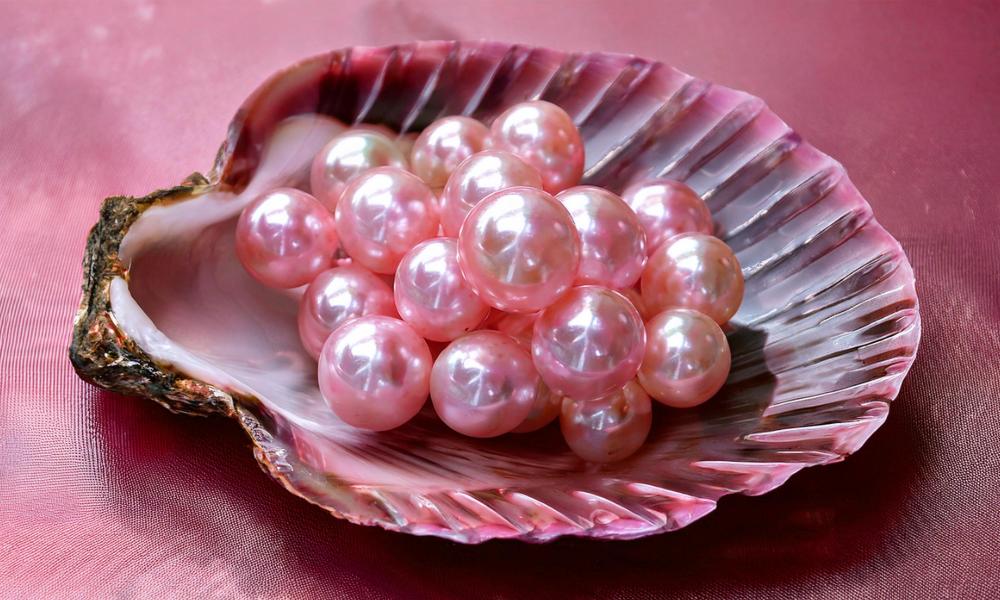
Pink pearls are a rare and beautiful category of natural pearls that are nurtured in oysters and mussels. They are formed in the same way as other pearls: some kind of irritant, for instance, a grain of sand or a small parasite invades the mollusk and it thus secretes layers of nacre which is made of calcium carbonate and conchiolin. One on top of the other they accumulate, and after a while, you get a gorgeous pearl.
Pink pearls acquire their coloration from such impurities as ions and organic dyes contained in the nacre. Some of these pigments can be different thus causing the range of colors from beige to deep pink. The precise mechanism by which the tissue has turned pink is still unknown, but it is generally accepted that the precise species of mollusk and its habitat play a role.
Varieties of Pink Pearls
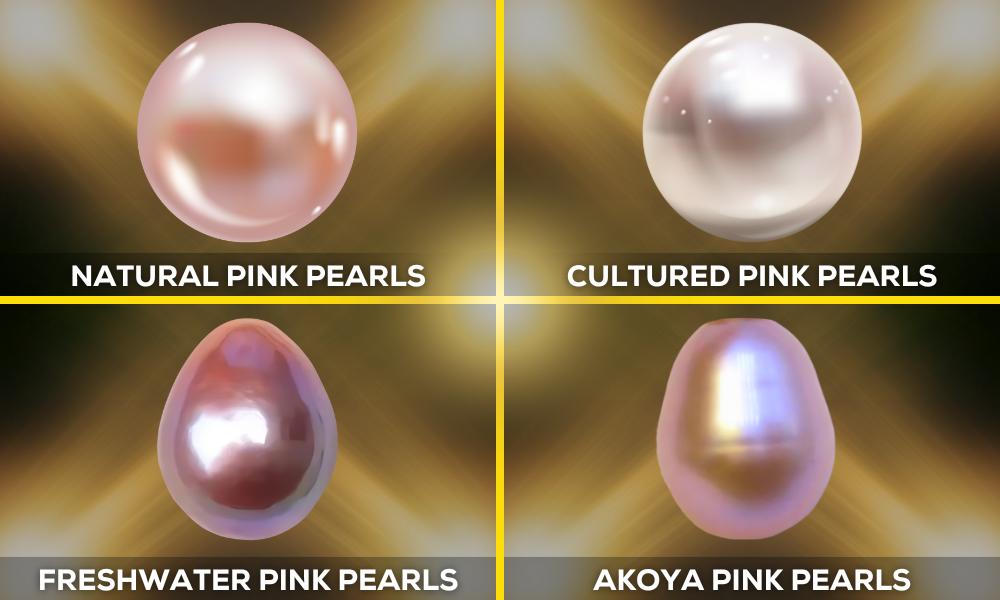
There are several types of pink pearls, each with unique characteristics:
Natural Pink Pearls: These are very rare and are detected in wild oysters only. Natural pink pearls are very rare and, as a result, the main variety could be relatively costly as it is a prized part of the collector’s assortment.
Cultured Pink Pearls: Farmer pearls on the other hand are more prevalent than the natural ones; they are grown in a piteous setting. In the case of cultured pearls, the pink coloration is brought about by the choice of mollusks and at times use of dyes.
Freshwater Pink Pearls: These are found in freshwater mussels and may be pinkish in any shade. Freshwater pearls of pink color are usually cheaper, and easier to obtain as compared to the salt water ones.
Akoya Pink Pearls: Akoya pearls which are valued because of their high level of luster are mostly cultivated in Japan. Appearing less frequently in pink, good quality ones with a nice polish are sought after.
Symbolism and Significance
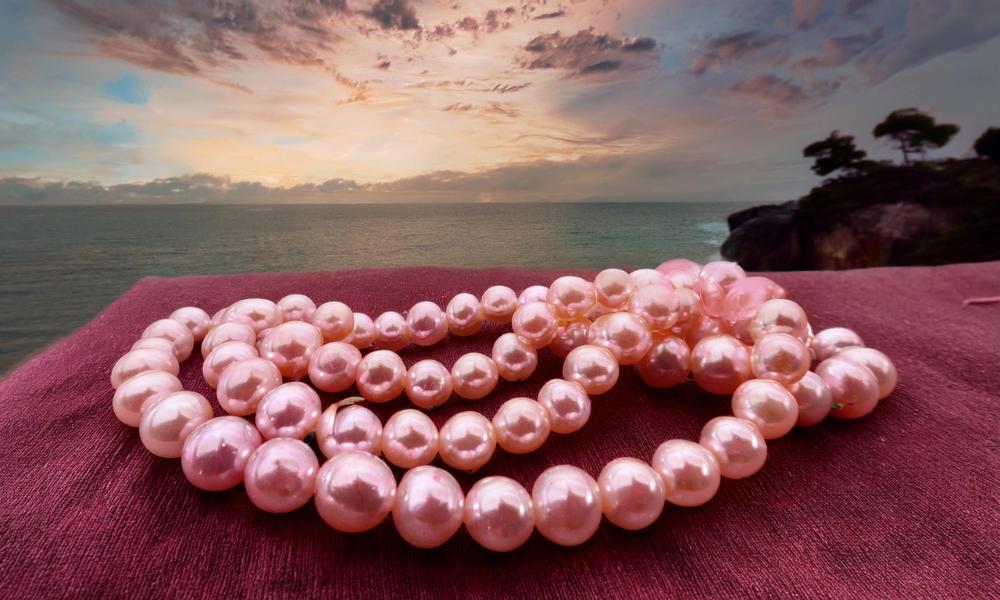
In history, pearls were valued as images of both purity and wisdom and associated with elegance. Pink pearls, which give the impression that can hardly be described as bright, are not devoid of their individual meaning. They are also associated with love and charity hence widely used in engagements and couple’s anniversary gifts. Their soft gentle and warm feel is also considered a representation of femaleness, and elegance and for this reason, they are used for pieces that depict achievement and success.
Not only have long been the emblem of femininity but pink pearls are believed further to bestow their owner with calmness and peace. Their purpose is to have a calming influence on the holder and act as a way of warding off evil influences. Through this metaphysical aspect, even the pink pearls also got their added charm of fascinating aspect.
Fashion and Styling
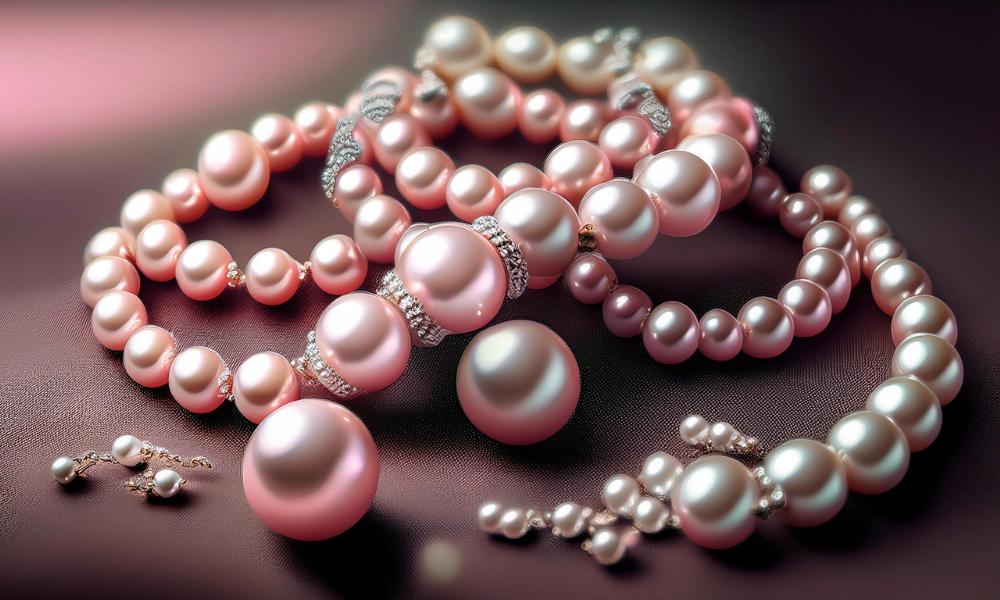
Pink pearls can be used in a more extensive variety of modern jewelry designs. They are mild-hued and lend themselves easily to be paired with casual wear during the day right through to cocktail and elegant gowns during the night. Here are some popular ways to style pink pearls:
Necklaces: A stylish pearl necklace is timeless; so, having one in pink would not be a terrible idea at all. The combination of pink pearls as one of the strands or in layering brings an elegance that only pink pearls can offer.
Earrings: While studs or droplet earrings, pink pearl ones are elegant and elegant and add a certain flare to your personality. They can match casual as well as formal clothing and thus can be worn both during the day and at night.
Bracelets: A pink pearl bracelet may be just the right accessory to wear, providing a splash of color on your wrist without necessarily having an overly flashy accessory on your wrist.
Brooches and Pins: If the decoration of the dress has a traditional and elegant look then pink pearls in brooches or pins are good to go. They complement jackets, scarves, and hats in a very special way.
Care and Maintenance
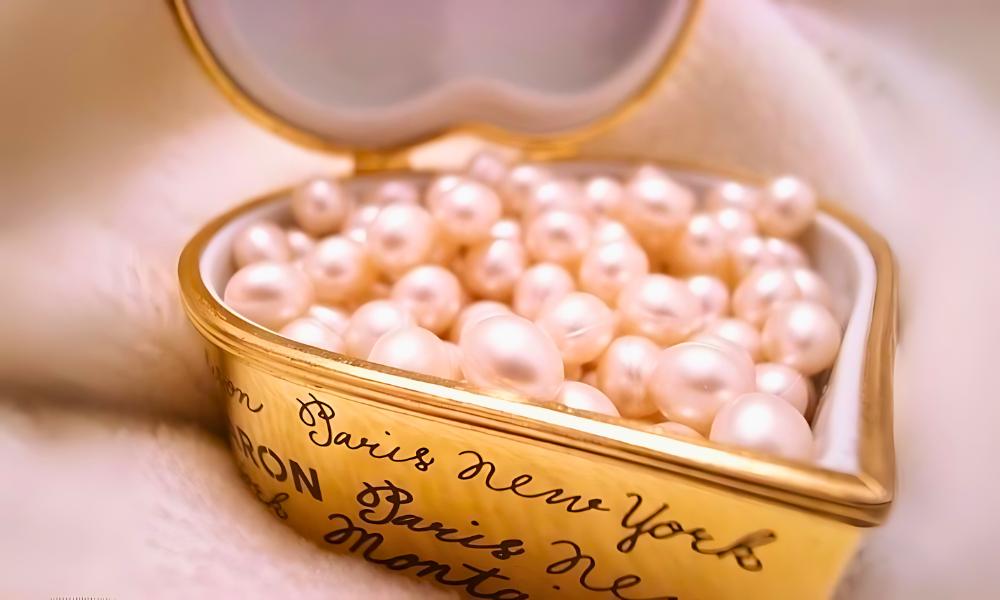
To keep pink pearls looking their best, proper care is essential:
Avoid Exposure: Do not expose pearls to chemicals such as vinegar, bleach, perfume, or cleaners because the chemicals may cause the pearls to fade. These can harm its surface, which is usually very sensitive to a change in its physical environment.
Clean Gently: After every use, instead of using water to rinse them, one ought to use a soft and damp cloth to clean the pearls. Do not wash them with water.
Store Properly: Pearls should also be stored in a soft cloth or pouch so as to avoid rubbing against each other and thus causing friction. They should be stored in a cool dry place best of which is out of direct sunlight.
Wear Often: It is important to note, that pearls should be worn often. The body oils from your skin are beneficial for the upkeep of the brilliance and to stop it from fading away.
Conclusion
Pink pearls are much more than pieces of jewelry – are the embodiment of all the work and miracles that nature makes. Due to the color and the history that they have behind them, people who want to have something special go for the Orangi art. Pink pearls can be tailored to suit any woman’s taste as a lovely piece of jewelry or as a lovely gift that is capable of melting the hearts of women of all ages. Welcome the slight shimmer of pink pearls and let this rather delicate adornment cast a magic spell on your existence.
FAQs about Pink Pearl
Q1. Is there a real pink pearl?
It is hypothesized that the freshwater pearls have the natural body colors of pink, peach, white, and lavender, extremely smooth and silky luster, high iridescence, and broad colorful overtone. Freshwater pearls that are nucleated with tissue are never perfectly round or spherical; their shape is generally what might be referred to as off-round.
Q2. What is the pink pearl?
Pink pearl is one of the color varieties of pearl gem that exhibits very unique kind of warm hue. This attractive flint covers a wide range of colors including white, gold, pink, brown-silver, cream, blue, black, red, purple, green pearl, and so on.
Q3. Is pink pearl expensive?
Well, before you even start to proceed with the buying of one, you must consider the value of the pink pearl. Most of the time it can be anything from $300 right up to $2000. That is why, as a rule, Akoya pearls are found to be of pink hue in their natural state. This is why the price range is this high; Akoya pearls fall among some of the most expensive pearls in the market.
Q4. Do pink pearls occur naturally?
Pink and lavender are some of the gentlest color combinations that are actually a hue that is inherent to most of the freshwater pearls. Akoya pearls can also be pink in appearance. This is what is known as an overtone since the most basic type of akoya pearls is white in color. The overtone is called rosé and is always the result of pinking treatment most of the time though it could be accidental.
Q5. Which country is famous for pink pearls?
Anciently, the river gorge was full of natural pink pearls which is called ‘Mukta’ in Bangladesh. They are obtained from a species of freshwater mussel that inhabits most of the inland waters such as lakes, rivers, ponds, and dams.
Stay Tuned to Gems Tycoon for all gems-related articles.

